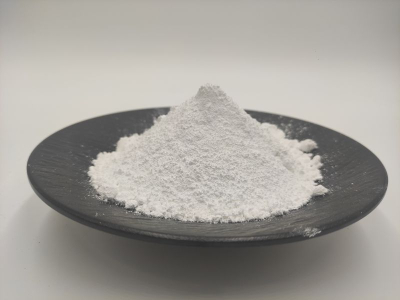Sodium Sulphate: A Versatile Chemical Compound with Diverse Applications
Sodium Sulphate: A Versatile Chemical Compound with Diverse Applications
Introduction
Sodium sulphate (Na₂SO₄) is an essential inorganic compound with a wide range of industrial applications. Found in both natural and synthetic forms, it is primarily used in detergents, glass manufacturing, textiles, and chemical processing. With its stability, solubility, and non-toxic nature, sodium sulphate plays a crucial role in modern industry. This article explores its properties, uses, and industrial significance.
Properties of Sodium Sulphate
Sodium sulphate exhibits several key physical and chemical properties that contribute to its versatility:
Chemical Formula: Na₂SO₄
Molecular Weight: 142.04 g/mol
Appearance: White, crystalline solid or powder
Solubility: Highly soluble in water
Melting Point: 884°C
Density: 2.66 g/cm³ (anhydrous)
The compound exists in different forms, including anhydrous sodium sulphate and sodium sulphate decahydrate (Glauber’s salt), which contains water of crystallization.
Industrial Applications of Sodium Sulphate
1. Detergent and Cleaning Industry
Sodium sulphate is widely used as a filler in powdered laundry detergents. It helps maintain the free-flowing nature of detergent powders and prevents caking. With the shift towards liquid detergents, its use has declined but remains significant in traditional cleaning products.
2. Glass Manufacturing
In glass production, sodium sulphate acts as a flux, helping to remove air bubbles and impurities from molten glass. It enhances the clarity and quality of glass, making it ideal for manufacturing windows, bottles, and fiberglass.
3. Textile Industry
The textile industry relies on sodium sulphate in dyeing processes, where it promotes uniform dye absorption on fabrics. It prevents uneven coloration, improving the efficiency of dyeing operations in cotton and wool manufacturing.
4. Paper and Pulp Industry
Sodium sulphate is used in the kraft process for paper production, helping to break down wood into pulp. It aids in the removal of lignin, a component that makes wood rigid, ensuring the production of high-quality paper and cardboard.
5. Chemical and Pharmaceutical Synthesis
As a neutral salt, sodium sulphate serves as a starting material in the synthesis of various chemicals, including sodium sulfide and sodium silicate. It is also used in some pharmaceutical formulations as a laxative.
6. Thermal Storage and Renewable Energy
Sodium sulphate decahydrate (Glauber’s salt) has excellent heat storage capabilities, making it valuable in thermal energy storage applications. It is used in phase-change materials (PCMs) for heating and cooling systems, supporting energy efficiency in buildings and industrial processes.
7. Environmental Applications
Due to its non-toxic nature, sodium sulphate is sometimes used in wastewater treatment to adjust pH levels and remove heavy metals from industrial effluents.
Significance and Safety Considerations
Sodium sulphate is considered safe and non-hazardous, making it suitable for widespread industrial use. However, excessive exposure to airborne dust can cause mild respiratory irritation, and proper handling precautions are recommended in industrial settings.
Conclusion
Sodium sulphate remains an invaluable chemical in industries ranging from detergents and textiles to glass and paper manufacturing. Its cost-effectiveness, chemical stability, and diverse applications ensure its continued relevance in modern industrial processes. As industries evolve and sustainability gains importance, sodium sulphate’s role in renewable energy and environmental solutions may expand, reinforcing its significance in the global chemical landscape.



